The Premier League has been graced with numerous captivating rivalries, each with its unique history and intensity. One such rivalry that has captivated fans for decades is the clash between Wolverhampton Wanderers f.c. vs Tottenham Hotspur timeline. This article delves into the historical context, recent encounters, and the underlying factors that fuel this intriguing matchup.

Historical Context
Wolverhampton Wanderers, often referred to as Wolves, have a rich history dating back to 1877.1 The club has enjoyed periods of domestic and European success, particularly during the 1950s under the legendary manager Stan Cullis.2 Tottenham Hotspur, on the other hand, emerged as a force in English football during the 1960s, guided by the tactical genius of Bill Nicholson.
While both clubs have experienced fluctuations in their fortunes over the years, their encounters have always been eagerly anticipated. The rivalry intensified in the 1970s and 1980s, with both teams vying for top honors in the English First Division. The passionate fan bases and the competitive nature of the matches added to the intensity of the rivalry.
Recent Encounters
In recent years, the Wolves-Spurs rivalry has continued to captivate fans. Both clubs have consistently competed at the highest level of English football, ensuring that their clashes are always highly anticipated. The matches are often characterized by physicality, tactical battles, and moments of brilliance.
One of the most memorable recent encounters between the two sides took place in the 2018-19 Premier League season. Tottenham, under the management of Mauricio Pochettino, were in the midst of a title challenge, while Wolves were enjoying a resurgence under Nuno Espírito Santo. The match at Molineux ended in a thrilling 3-2 victory for Wolves, with Raúl Jiménez scoring a late winner to secure a crucial three points.
The following season, the two teams met again at Tottenham Hotspur Stadium. This time, it was Spurs who emerged victorious, with a 2-0 win. The match was notable for the impressive performances of both teams, as well as the passionate atmosphere created by the fans.
Underlying Factors Fueling the Rivalry
Several factors contribute to the intensity of the Wolves-Spurs rivalry:
Geographical Proximity: Both clubs are located in the Midlands region of England, which creates a sense of local rivalry. The proximity of the two fan bases adds to the competitive nature of the matches.
Historical Significance: Both clubs have rich histories and have achieved significant success in English football. Their past encounters have created a sense of rivalry that has been passed down through generations of fans.
Contrasting Styles of Play: Wolves, under Nuno Espírito Santo, often employed a defensive, counter-attacking style of play, while Tottenham, under Mauricio Pochettino, favored a more attacking, possession-based approach. This contrast in styles added an extra layer of intrigue to their matches.
Passionate Fan Bases: Both clubs have passionate and dedicated fan bases who create a vibrant atmosphere at matches. The intense rivalry between the fans adds to the excitement and spectacle of the encounters.
Individual Player Rivalries
Billy Wright vs. Danny Blanchflower: Two legendary captains who clashed in the 1950s and 1960s. Their battles were often fierce and highly regarded.
Glenn Hoddle vs. Steve Bull: Two prolific goalscorers who faced off in the 1980s. Their skill and determination made them rivals on the pitch.
Raúl Jiménez vs. Harry Kane: Two modern-day strikers who have faced off in recent years. Their goalscoring prowess and physicality make them a thrilling matchup.

Notable Matches
Wolverhampton Wanderers 3-2 Tottenham Hotspur (1980): This FA Cup final saw Wolves win their first trophy in 39 years, thanks to a late goal from Andy Gray.
Wolverhampton Wanderers 3-2 Tottenham Hotspur (2018-19): This Premier League match was a thrilling encounter, with Raúl Jiménez scoring a late winner to secure three points for Wolves.
Tottenham Hotspur 2-0 Wolverhampton Wanderers (2019-20): Spurs secured a comfortable victory at their new stadium, thanks to goals from Dele Alli and Harry Kane.
Records
Tottenham Hotspur hold the overall head-to-head record, with 61 wins to Wolves’ 44.
Wolves have the longest unbeaten run against Spurs, going 13 matches without a loss between 1978 and 1984.
The highest-scoring match between the two sides was a 7-4 victory for Tottenham in 1960.
Cultural Significance
The Wolves-Spurs rivalry is often seen as a clash of cultures. Wolves, with their working-class roots and traditional values, are often contrasted with Spurs, who are perceived as more cosmopolitan and fashionable.
This cultural divide adds an extra layer of intrigue to the rivalry, making it one of the most fascinating in English football.
The Future of the Rivalry
As both clubs continue to evolve and compete at the highest level, the Wolves-Spurs rivalry is likely to remain a significant fixture in the English football calendar. The passionate fan bases, the historical significance, and the competitive nature of the matches ensure that this rivalry will continue to captivate fans for years to come.
The Wolverhampton Wanderers vs. Tottenham Hotspur rivalry is a captivating chapter in the history of English football. The historical context, wolverhampton wanderers f.c. vs tottenham timeline recent encounters, and underlying factors fuel the intensity of this matchup. As both clubs continue to strive for success, the rivalry between Wolves and Spurs is sure to remain a highlight of the Premier League season.
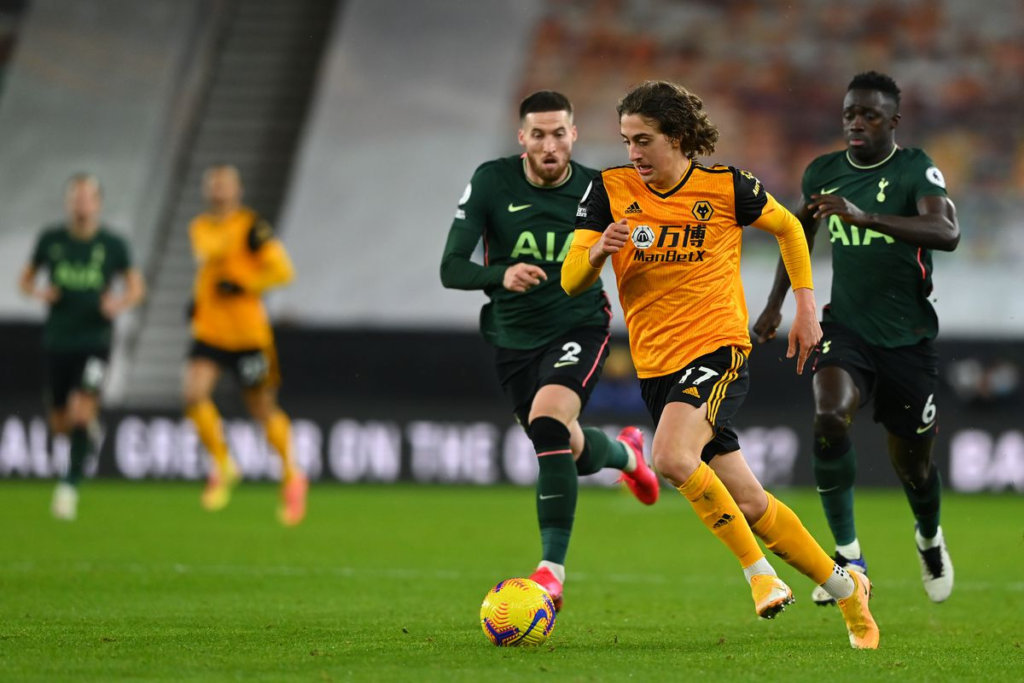
FAQs
What are the historical roots of the rivalry?
The rivalry between Wolverhampton Wanderers and Tottenham Hotspur has deep historical roots, stretching back to the mid-20th century. Both clubs have a rich history and have achieved significant success in English football. The geographical proximity of the two clubs, coupled with their competitive nature, has fueled the intensity of the rivalry.
How has the rivalry evolved in the Premier League era?
The Premier League era has intensified the rivalry, with both clubs experiencing periods of success and decline. Recent seasons have seen thrilling matches, with both teams vying for European qualification. The rivalry is often characterized by intense physical battles, tactical duels, and passionate fan support.
How have recent managerial appointments impacted the rivalry?
Recent managerial changes at both clubs have influenced the tactical approach and overall performance. Managers like Nuno Espírito Santo, José Mourinho, and Antonio Conte have brought different philosophies to the teams, leading to varying styles of play and match outcomes.
To read more, Click Here



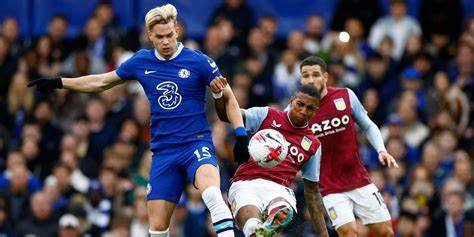

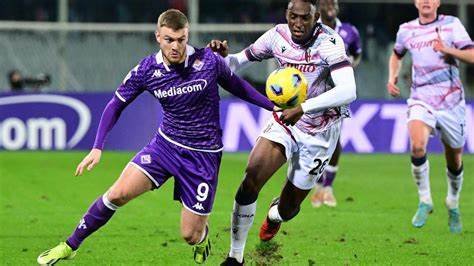
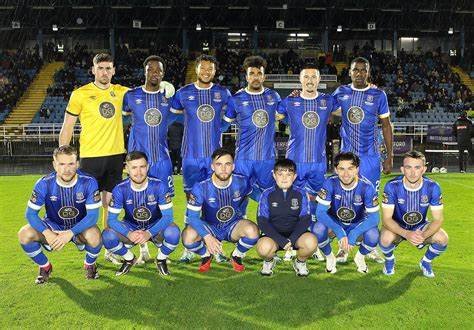



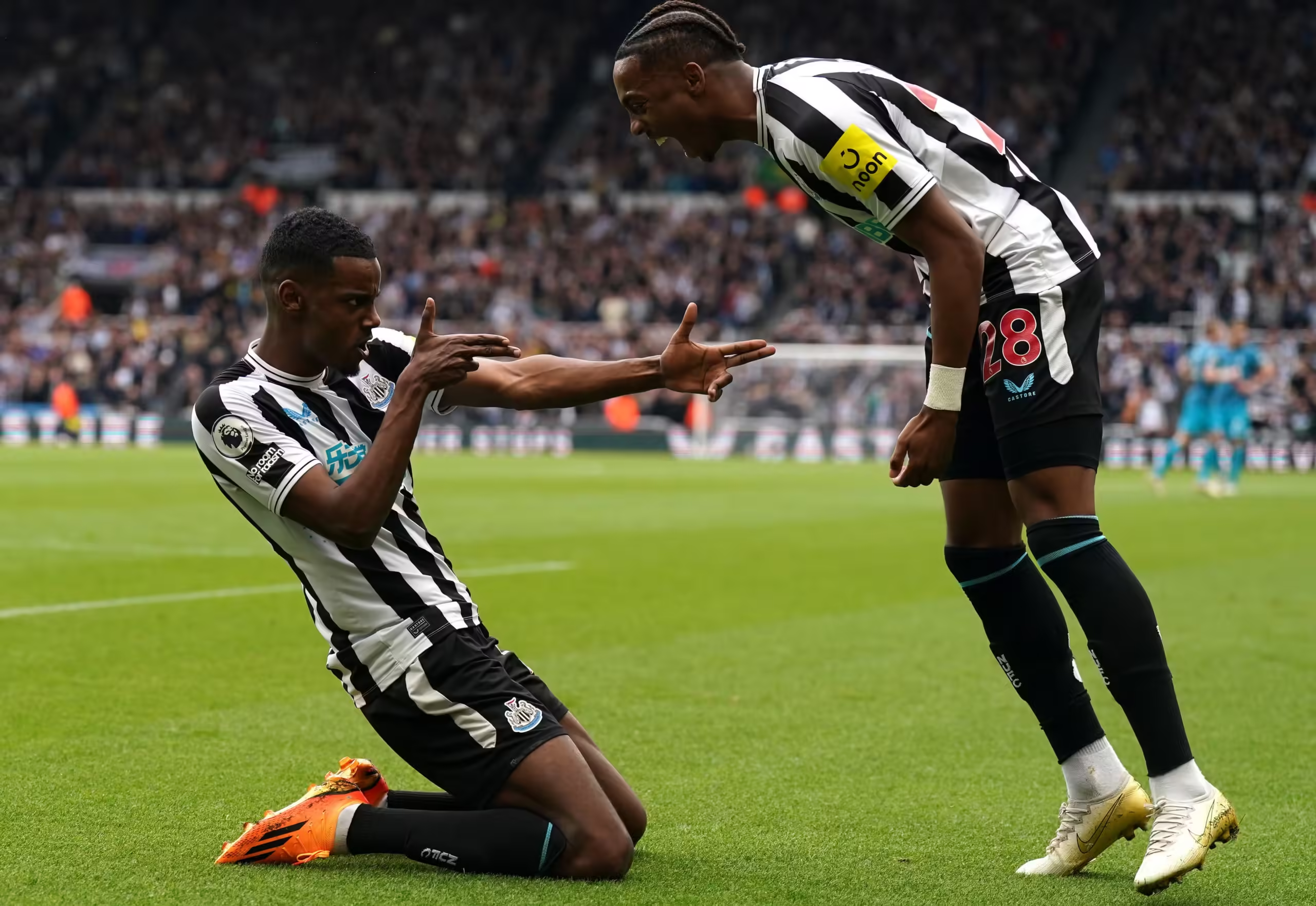


Leave a Reply